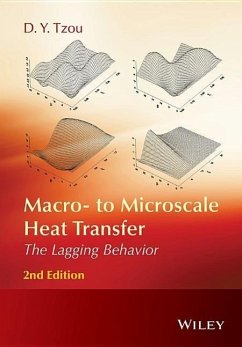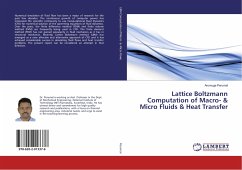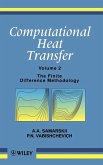Physical processes taking place in micro/nanoscale strongly depend on the material types and can be very complicated. Known approaches include kinetic theory and quantum mechanics, non-equilibrium and irreversible thermodynamics, molecular dynamics, and/or fractal theory and fraction model. Due to innately different physical bases employed, different approaches may involve different physical properties in describing micro/nanoscale heat transport. In addition, the parameters involved in different approaches, may not be mutually inclusive. Macro- to Microscale Heat Transfer: The Lagging Behavior, Second Edition continues the well-received concept of thermal lagging through the revolutionary approach that focuses on the finite times required to complete the various physical processes in micro/nanoscale. Different physical processes in heat/mass transport imply different delay times, which are common regardless of the material type. The delay times, termed phase lags, are characteristics of materials. Therefore the dual-phase-lag model developed is able to describe eleven heat transfer models from macro to nanoscale in the same framework of thermal lagging. Recent extensions included are the lagging behavior in mass transport, as well as the nonlocal behavior in space, bearing the same merit of thermal lagging in time, in shrinking the ultrafast response down to the nanoscale. Key features: * Takes a unified approach describing heat and mass transport from macro, micro to nanoscale * Compares experimental results for model validation * Includes easy to follow mathematical formulation * Accompanied by a website hosting supporting material Macro- to Microscale Heat Transfer: The Lagging Behavior, Second Edition is a comprehensive reference for researchers and practitioners, and graduate students in mechanical, aerospace, biological and chemical engineering.








